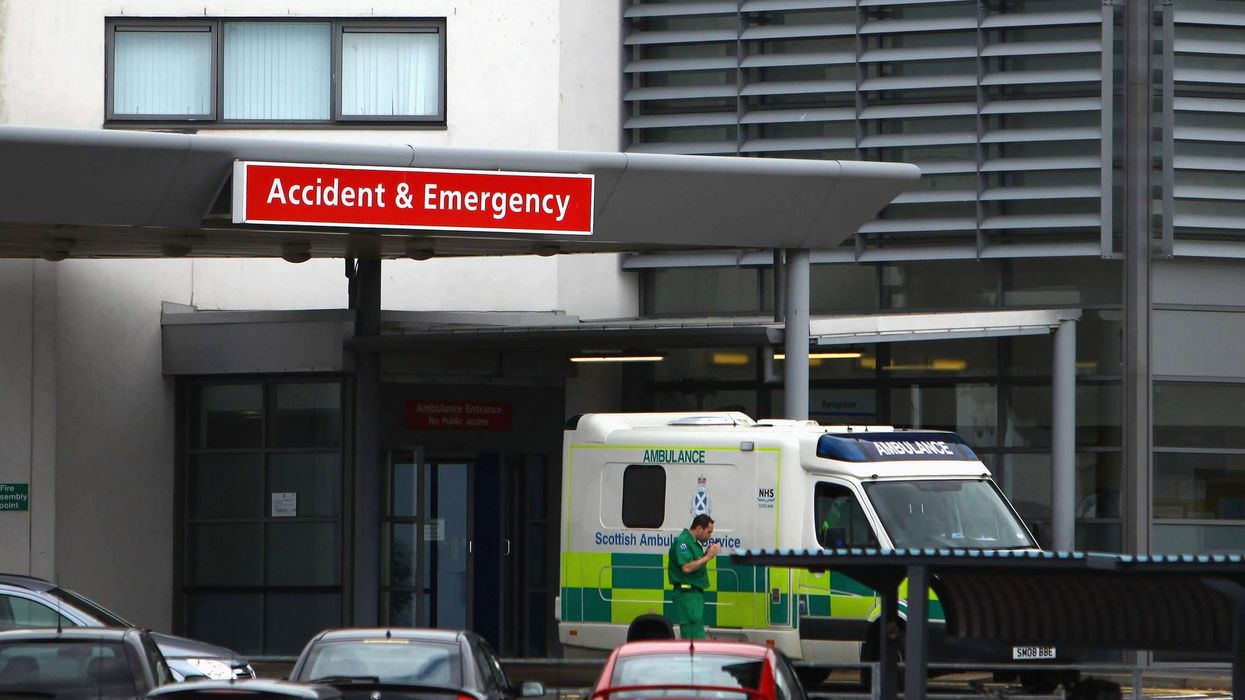The UK on Thursday (Feb 4) started a clinical trial by mixing doses of the Pfizer and AstraZeneca Covid-19 vaccines - the first in the world to determine the effects of using different vaccines for the first and second dose.
Patients taking part in a new clinical study, backed by £7 million funding from the government, will soon receive different Covid-19 vaccines for their first or second dose, a statement said.
The study will be run by the National Immunisation Schedule Evaluation Consortium (NISEC) across eight National Institute for Health Research (NIHR) supported sites.
It will also gather immunological evidence on different intervals between the first and second dose for a mixed-vaccine regimen against control groups when the same vaccine is used for both doses.
Thousands of variants have been documented as the virus mutates, including the so-called British, South African and Brazilian variants which appear to spread more swiftly than others.
The study has received ethics approval from the Research Ethics Committee, as well as approval from the Medicines and Healthcare products Regulatory Agency (MHRA), the statement added.
“This is a hugely important clinical trial that will provide us with more vital evidence on the safety of these vaccines when used in different ways. Nothing will be approved for use more widely than the study, or as part of our vaccine deployment programme, until researchers and the regulator are absolutely confident the approach is safe and effective,” said vaccine deployment minister Nadhim Zahawi.
“This is another great step forwards for British science, expertise and innovation, backed by government funding – and I look forward to seeing what it produces.”
The British researchers behind the trial said data on vaccinating people with the two different types of vaccines could help understanding of whether shots can be rolled out with greater flexibility around the world. Initial data on immune responses is expected to be generated around June.
Professor Jonathan Van-Tam, deputy chief medical officer and senior responsible officer for the study, said: “Given the inevitable challenges of immunising large numbers of the population against Covid-19 and potential global supply constraints, there are definite advantages to having data that could support a more flexible immunisation programme, if needed and if approved by the medicines regulator.
“It is also even possible that by combining vaccines, the immune response could be enhanced giving even higher antibody levels that last longer; unless this is evaluated in a clinical trial we just won’t know. This study will give us greater insight into how we can use vaccines to stay on top of this nasty disease.”
According to a statement, patients will be recruited in February via the NHS Covid-19 Vaccine Research Registry, with vaccinations expected to start towards the middle of the month and initial results to be made available over the summer period.
“This is a tremendously exciting study that will provide information vital to the roll out of vaccines in the UK and globally. We call on those aged 50 years and above who have not yet received a Covid-19 vaccine to visit our website to find out more about the study and see if there is a study site near them,” said chief investigator Matthew Snape, associate professor in paediatrics and vaccinology at the University of Oxford.
“If we do show that these vaccines can be used interchangeably in the same schedule this will greatly increase the flexibility of vaccine delivery, and could provide clues as to how to increase the breadth of protection against new virus strains.”











